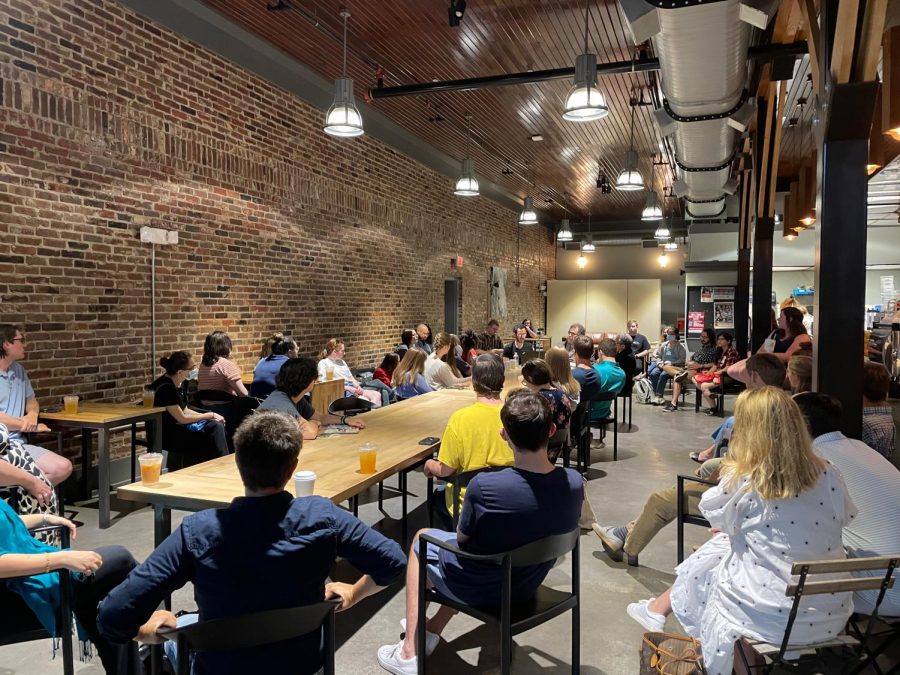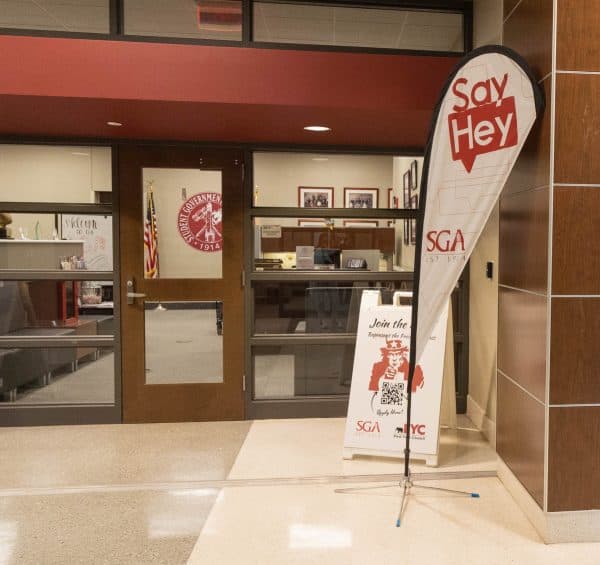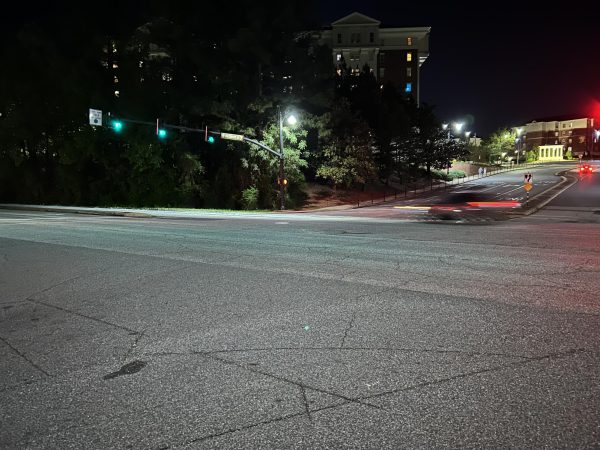UA instructors discuss Israel-Palestine relations in community event
May 28, 2021
Three UA instructors hosted a community forum to discuss Israel-Palestine relations on Wednesday, May 26. More than 30 people gathered at Monarch Espresso Cafe to join the conversation.
The forum was hosted by UA instructors Waleed Hazbun, Daniel Levine and Misha Hadar at their students’ requests.
“We decided to do it off campus as an event unrelated to the university and academic programs,” said Hazbun, professor of Middle Eastern studies. “It is summer, after all, and so we would speak in our own personal capacity.”
They organized the events after weeks of increased tension between Israel and Palestine. More than 250 people have been killed in airstrikes from both countries.
The most severe damage and fatalities were sustained on the Gaza Strip.
Egypt brokered a ceasefire on May 21, but tensions are still high in the region and around the world.
“In many ways, this does seem new,” Hazbun said. “That might be because people in the United States are talking about it.”
President Joe Biden recently named an ambassador to Israel, and Secretary of State Antony Blinken announced the reopening of a U.S. consulate in Jerusalem after former President Donald Trump shuttered it in 2019.
Levine, associate professor and chair of Judaic studies, said he was not speaking at the event on behalf of any political party, but he acknowledged the role of politics in the discussion.
“One of the things we know about politics is that the past is not prolonged,” he said, referencing the actions of previous political administrations toward Israel-Palestine relations.
Hazbun said he hoped to offer clarity on Palestine and Israel’s current relationship and described Palestine’s experience as “one of forced displacement.”
Levine said he’s critical of the United States’ response to the conflict.
“The official conversation from the U.S. is that there is a search out there for Middle East peace, and we’re just still trying to make it happen,” Levine said. “That story isn’t entirely true, and that way of talking allows a quiet work of dispossession to go on.”











